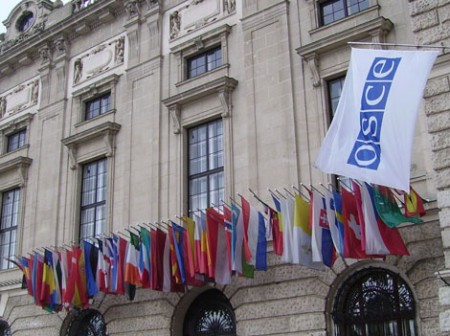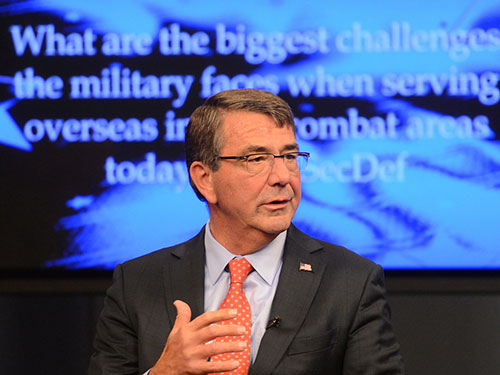
This article was originally published by Security and Human Rights, formerly Helsinki Monitor, on 30 November 2015.
The 22nd OSCE Ministerial Council (MC) will meet on 3 and 4 December in Belgrade, Serbia. The MC meeting, which takes place once a year in the country holding the OSCE Chairmanship, is attended by foreign ministers or their representatives from the 57 OSCE participating States as well as from the 11 Partners for Co-operation.
The Belgrade MC meeting was originally supposed to be a significant meeting at which OSCE participating States had hoped to commemorate the 40th anniversary of the signing of the 1975 Helsinki Final Act with the successful conclusion of the so-called Helsinki+40 process and the adoption of a landmark OSCE document. OSCE states had planned to adopt a document that would provide strategic guidance for the Organization’s future role and for the setting up of a “common and indivisible Euro-Atlantic and Eurasian security community”, a vision that OSCE Heads of State had agreed to by consensus at the 2010 OSCE Astana Summit.




